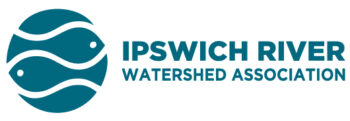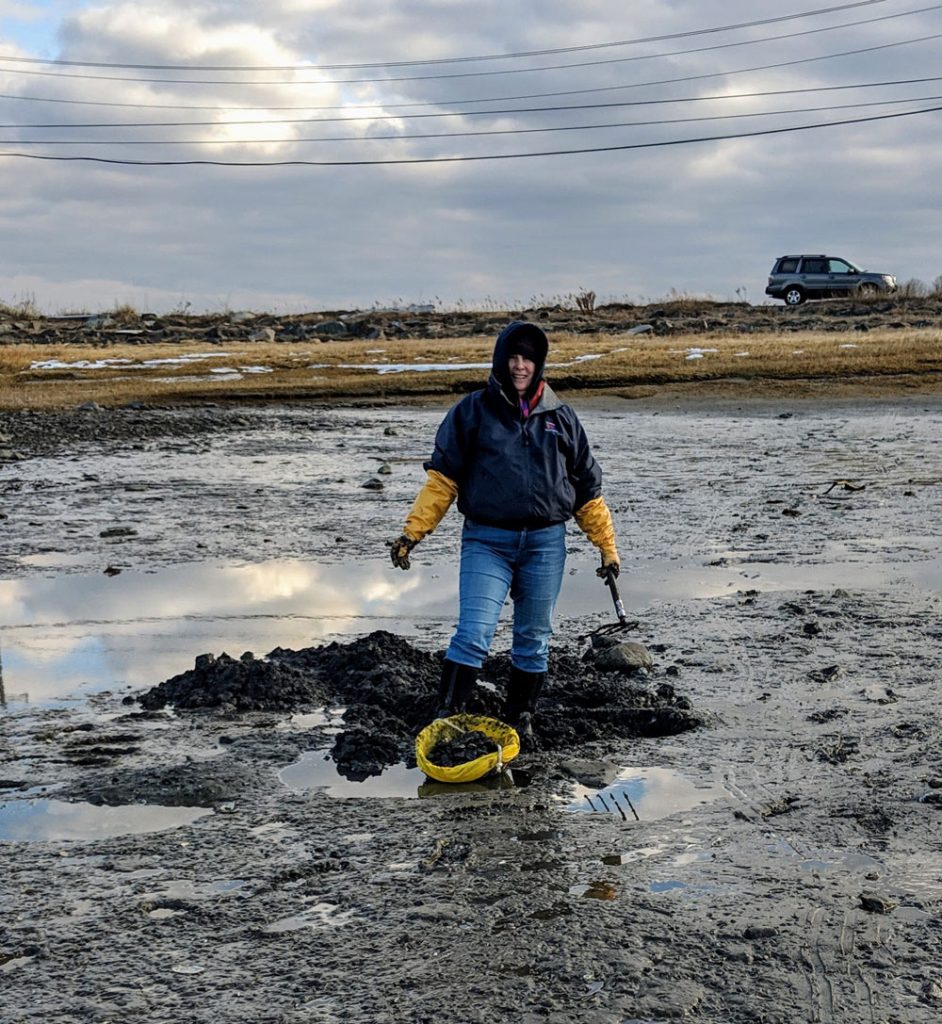We at the Ipswich River Watershed Association (IRWA) were saddened this week to hear that the clam flats in the Ipswich River will be closed permanently. While IRWA had no involvement in this decision, we recognize the difficulty of the decisions made by state officials and the town of Ipswich to comply with federal regulations from the Food and Drug Administration (FDA) created in the interest of public health.
Ipswich clams are iconic of both the town of Ipswich and the Ipswich River. In fact, IRWA was a key part of cleaning up the river so that these very flats could be reopened in 2001 after a nearly 100 year closure. At that time, an IRWA-led effort found and eliminated dozens of pollution sources and pushed for changes to town bylaws to reduce pollution. The change in water quality was striking, allowing the river to be reopened to clamming.
It’s undeniable: A healthy river supports healthy clam flats. Our aim as a watershed association is always to balance human activity with the needs of the natural environment. One of the challenges to our work to protect and restore the Ipswich River is that the state of our River now is largely determined by decisions that have been made long ago. In this case, despite Ipswich currently having a state-of-the-art wastewater treatment plant, historic decisions about locating the wastewater outfall in Greenwood Creek have come into conflict with new understanding within the FDA about how to protect consumers of shellfish.
We know that this is not the only challenge that Ipswich clammers and clam populations face: Invasive green crabs that eat local clams are proliferating throughout the Gulf of Maine; ocean waters warmed by climate change threaten native shellfish and allow for the rise of invasive species; pollution from stormwater runoff temporarily closes shellfish flats and local beaches every year. All of these issues are ones we at the watershed association are actively working to address, in partnership with local leaders, organizations, and residents who care as deeply about these challenges as we do.
While a solution to this challenge has yet to be identified, IRWA stands ready to support and provide resources towards the implementation of such a solution that would benefit the clammer community and the river ecosystem.
Please reach out to us with any questions or ideas to address these challenges. We can be reached at 978-412-8200 or [email protected].

